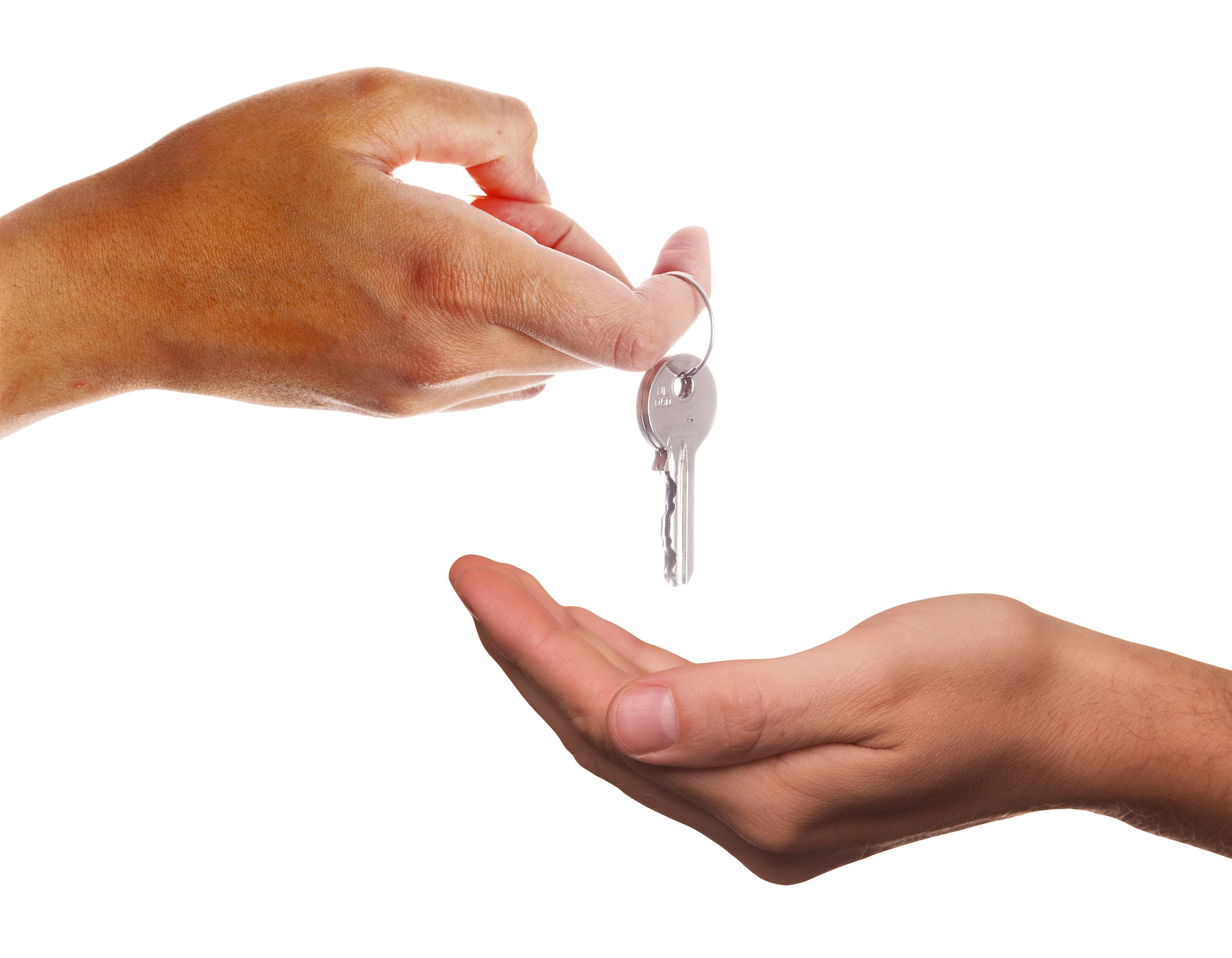10 Tips to Prevent Tenant Damages

Property owners understand that costly tenant damage is always a risk, but there are ways to prevent tenant damages to reduce that risk and, ultimately, the costs involved. How can you better protect your rental unit and rental properties from tenant damages? The following ten tips will help curb the cost of tenant damages.
Tip #1: Tenant Screening Is a Must
You must conduct comprehensive tenant screening to prevent tenant damages. Rental property posted can attract a lot of people. Tenant screening provides the information needed to do a risk assessment of whether the tenant is likely to cause damage.
A good screening process will include:
● Work history to gauge the tenant’s ability to pay the rent.
● Checked references of previous landlords to establish rental history.
● Credit checks to establish reliability.
You should thoroughly vet a potential tenant to reduce the risk of damage to rental units.
Tip #2: Put It All in Writing
There is a difference between a simple rental agreement and a detailed solid lease agreement. A simple agreement may outline the tenancy period and when rent payments are due.
Detailed lease agreements will have clauses that include what a tenant can and cannot do with your property and the repercussions of tenant damages.
You want to make sure you have the latter in place. One of the few protections a property owner has is the lease. The more information in the lease, the more potential legal repercussions you will have should there be rental property damage.
Tip #3: Ask for a High-Security Deposit
A reasonably high-security deposit is not tenant damage prevention, but it will cut back on out-of-pocket costs for major repairs when the tenant moves. Typically, quality tenants will not have a problem paying two months upfront for security deposits as part of the leasing agreement.
A larger security deposit ensures that the tenant is highly financially invested in the property.
Tip #4: Tenant Orientation
If you have an investment property, consider a tenant orientation package. The package can include information on:
● Tenant responsibility in case of accidental damage.
● Who they need to call if there is a problem.
● What they can do to minimize property damage if a pipe bursts or something else goes wrong.
Responsible tenants will appreciate the orientation. Encourage tenants to report problems early on so that minor damage does not turn into significant damage. Clear guidelines can make sure that everyone is on the same page and help to avoid miscommunication.
Tip #5: Conduct Regular Inspections
Be sure to include in the lease agreement that regular inspections will take place every six months. One of the most significant contributors to reducing rental damages is routine inspections.
Seasonal inspections may reveal minor damages that can be addressed and corrected for a small price.
Tip #6: You Have to Pay Attention
Some landlords make the mistake of not being responsive to tenants’ complaints. It can be challenging to navigate all the complaints when you have more than one rental property or a large rental property.
Unfortunately, not paying attention to tenants’ complaints or addressing work orders in a timely fashion can lead to a higher risk of property damage and a high tenant turnover rate.
If a tenant perceives you do not care about your property, there is a good chance they will not care about it, either.
Tip #7: Always Be Diligent Even About Long-Term Tenants
You may think that long-term tenants are less of a risk factor when it comes to damage. The fact is long-term tenants can be just as significant a risk factor as new tenants. Long-term tenants also have less to lose than the new tenants because they likely made a small security deposit all those years ago.
Tip #8: Plan for Normal Wear
Every time a tenant leaves, you should plan on doing some maintenance. No matter how careful a tenant is, the space is still lived in and gets some wear and tear. Plan on:
● A professional cleaning.
● Painting if necessary.
● Carpet cleaning.
Keeping your property in tip-top condition will attract highly qualified tenants who are less likely to cause damage to the property.
Tip #9: Limit Pets
Dogs, cats, and even rodents can cause damage to your property. Consider limiting the size and number of pets allowed in the building. Be sure to outline the restrictions in the lease agreements.
Tip #10: Hire a Professional Property Management Team
An experienced property management team that offers a turn-key approach to property management can help your property run smoothly and keep damages to a minimum. NYC Apartment Management can help you manage your property better. Call today for a free consultation at 212-787-1214.